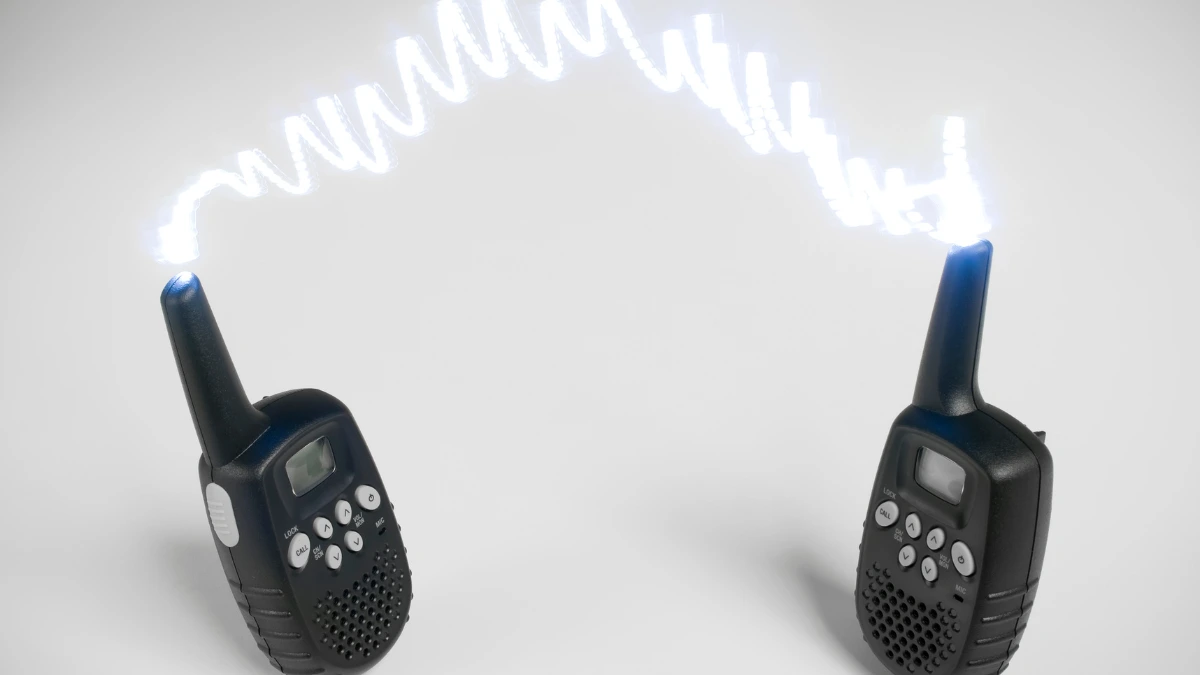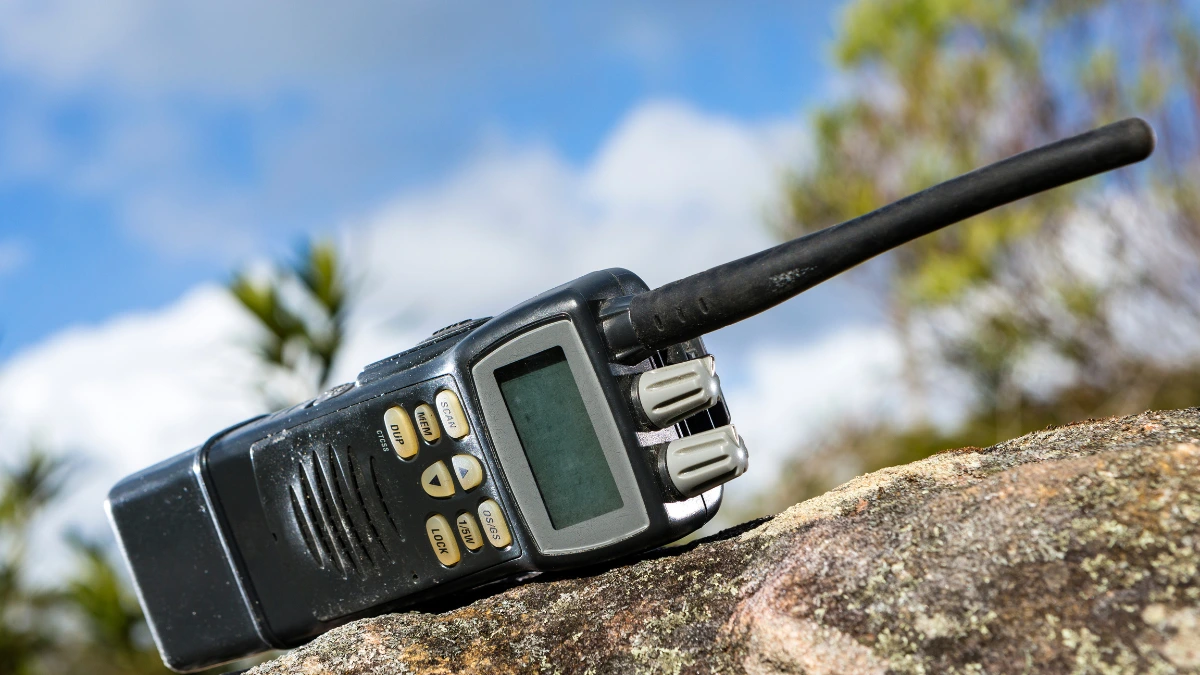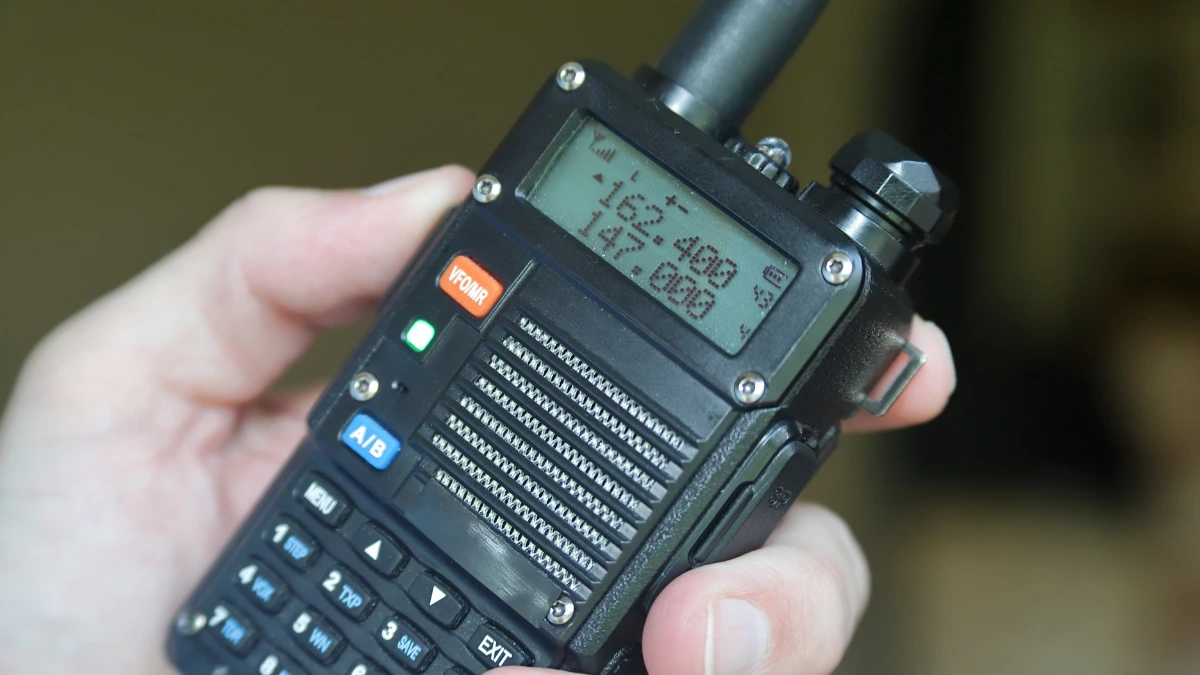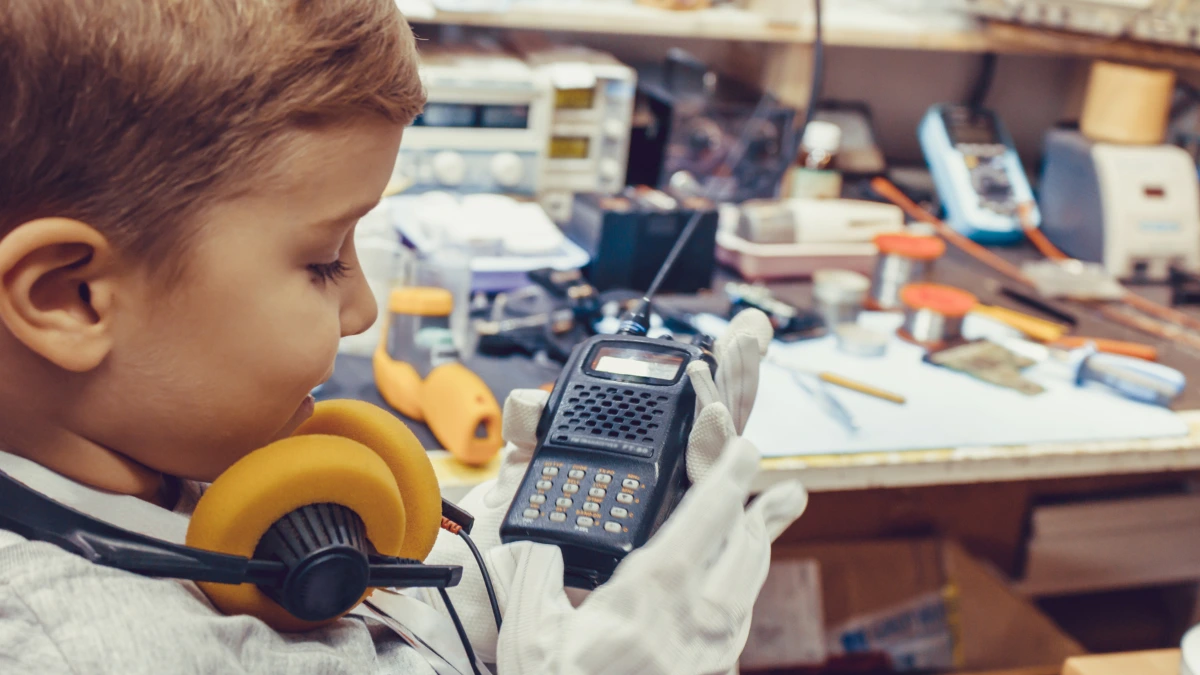The presence of a radio rig facilitates two-way communication, especially in urgent situations. One type of radio rig is an amateur radio rig, which has some functions and advantages.
The functions of an amateur radio rig include hobby and experimentation to social activities. Moreover, the advantages include flexibility of use, low running cost, to ease of use.
This article will give you information on amateur radio rigs, including definitions, functions, and the advantages they have.
What is an Amateur Radio Rig?

Amateur radio rigs are a type of radio rig used by operators to conduct two-way communications. These devices are usually used for personal communication, experimentation, and in emergencies, with no commercial purpose.
The Functions
The amateur radio rig has several functions, from hobby and experimentation to social activities. Here are some of its functions:
- Hobby and experimentation: Doing long-distance communication as a hobby for those who enjoy experimenting with radio techniques.
- Education and training: Used in education and training purposes to understand the working principles of radio and communication techniques.
- Social activities: This device also allows for social activities to assist disaster relief teams by using personal devices connected to a dedicated frequency.
The Advantages

The amateur radio rig has several advantages, from flexibility of use, low running cost, to ease of use. Here are some of its main advantages in detail:
1. Flexibility of use
As we know, one of the advantages of radio rigs is their flexibility of use from personal communication, professional operations, to amateur activities. This is where amateur radio rigs come in to fulfill the use for amateur activities such as hobbies or experiments.
2. Supporting experiments
One of the advantages of an amateur radio rig is that it supports experiments with its ability to connect with other devices. Those of you who are into radio rigs can experiment with connecting the rig to external microphones, speakers, or computers to improve functionality.
3. Low running costs
Low running costs are another advantage of amateur radio rigs. The running costs of these devices are relatively low as they do not require subscription fees. So, for those of you who want to experiment, you won’t have to spend a lot of money on this hobby.
4. Easy availability in the market
Amateur radio rigs can be easily found in the market, from devices to accessories. This is very beneficial for those of you who are interested in experimenting with these devices.
5. Ease of use

Another advantage of radio rigs is their ease of use. For those of you who intend to make radio rig experiments as a hobby, there will be no difficulty in making settings for this device.
Those are the definitions, functions, and advantages of an amateur radio rig that you need to know. Another thing to note is that radio rig on the market must pass the certification test from the Directorate General of Digital Infrastructure (DJID).
Radio rig regulation is based on the Director General Regulation (PERDIRJEN) No. 171 Tahun 2009, which requires all radio frequency-based devices, including radio rig, to meet specific technical standards before being sold in the country.
With a DJID certification, users can feel calm about using a radio rig device whose quality and security are guaranteed. For manufacturers or importers of radio rig devices, obtaining certification from DJID is a mandatory step before the device can be officially marketed in Indonesia.
To simplify the certification process, we are available to assist with this process as a reliable solution. -UN.

